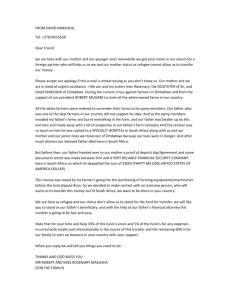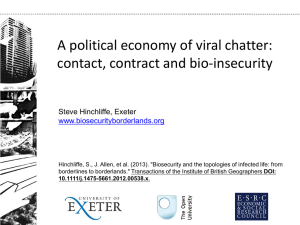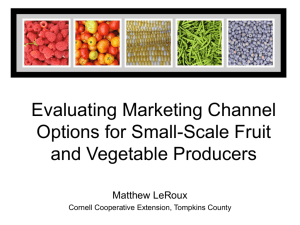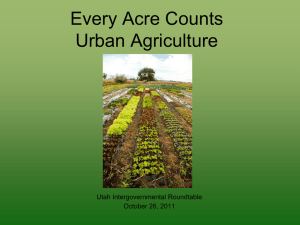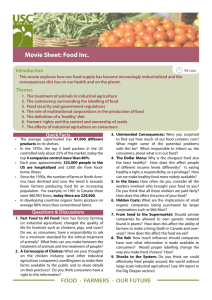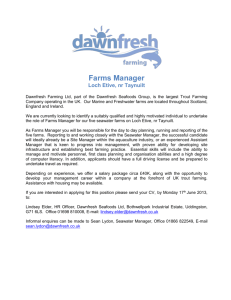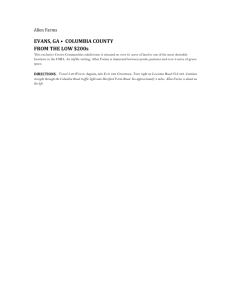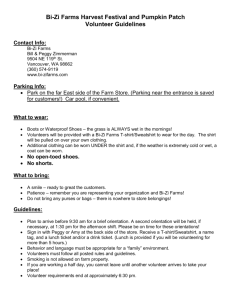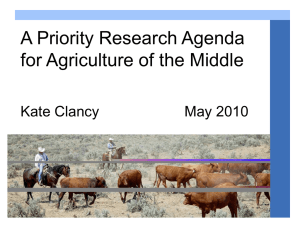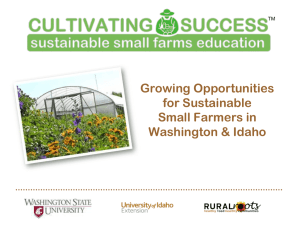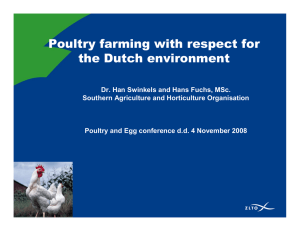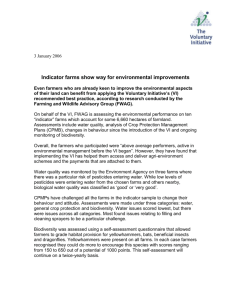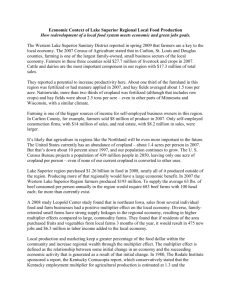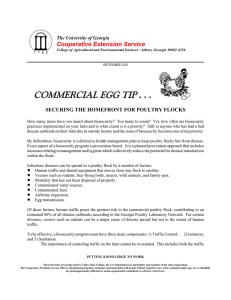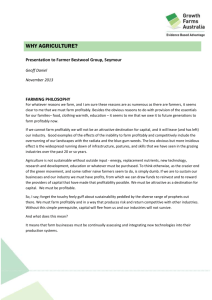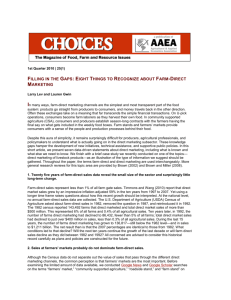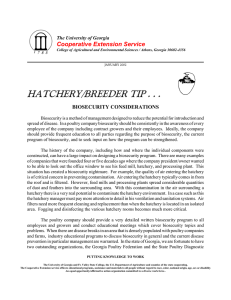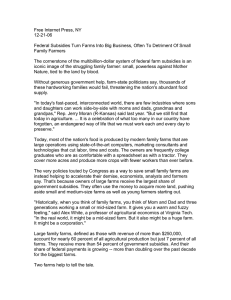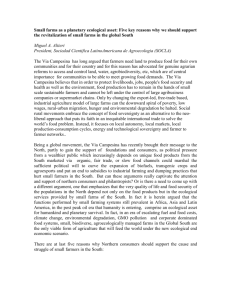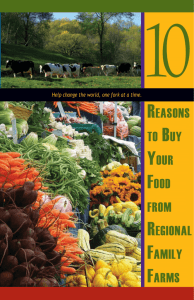overview - K4Health
advertisement
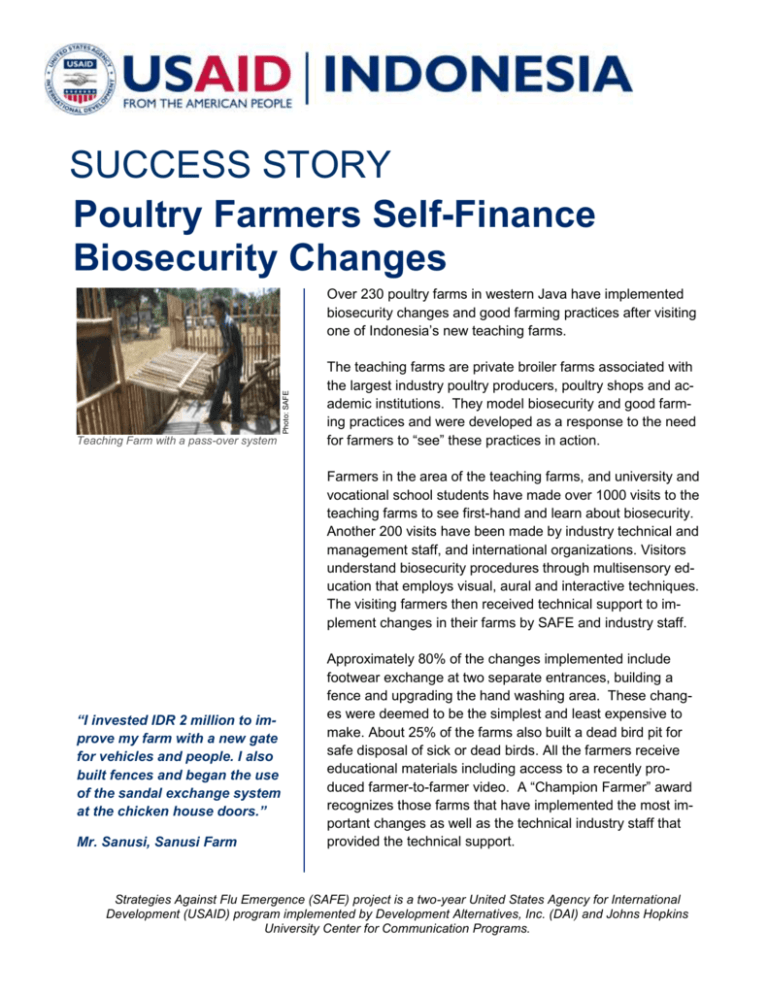
SUCCESS STORY Poultry Farmers Self-Finance Biosecurity Changes Photo: SAFE Over 230 poultry farms in western Java have implemented biosecurity changes and good farming practices after visiting one of Indonesia’s new teaching farms. Teaching Farm with a pass-over system The teaching farms are private broiler farms associated with the largest industry poultry producers, poultry shops and academic institutions. They model biosecurity and good farming practices and were developed as a response to the need for farmers to “see” these practices in action. Farmers in the area of the teaching farms, and university and vocational school students have made over 1000 visits to the teaching farms to see first-hand and learn about biosecurity. Another 200 visits have been made by industry technical and management staff, and international organizations. Visitors understand biosecurity procedures through multisensory education that employs visual, aural and interactive techniques. The visiting farmers then received technical support to implement changes in their farms by SAFE and industry staff. “I invested IDR 2 million to improve my farm with a new gate for vehicles and people. I also built fences and began the use of the sandal exchange system at the chicken house doors.” Mr. Sanusi, Sanusi Farm Approximately 80% of the changes implemented include footwear exchange at two separate entrances, building a fence and upgrading the hand washing area. These changes were deemed to be the simplest and least expensive to make. About 25% of the farms also built a dead bird pit for safe disposal of sick or dead birds. All the farmers receive educational materials including access to a recently produced farmer-to-farmer video. A “Champion Farmer” award recognizes those farms that have implemented the most important changes as well as the technical industry staff that provided the technical support. Strategies Against Flu Emergence (SAFE) project is a two-year United States Agency for International Development (USAID) program implemented by Development Alternatives, Inc. (DAI) and Johns Hopkins University Center for Communication Programs.
